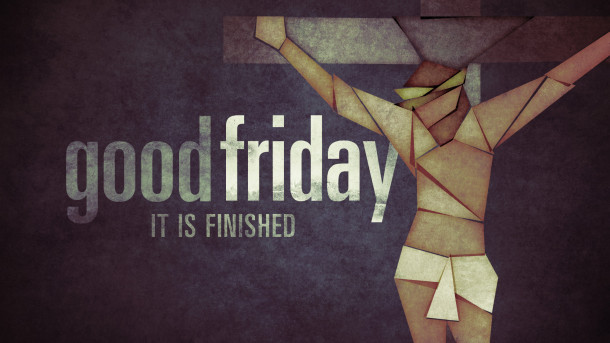Unsurprisingly, today’s Good Friday excerpt comes from The Crucified God, which includes a quote from German philosopher Hegel as an added little bonus:
The faith which springs from the God event on the cross does not give a theistic answer to the question of suffering, why it must be as it is, nor is it ossified into a mere gesture of protest, but leads sorely tried, despairing love back to its origin. ‘Whoever abides in love abides in God and God in him’ (1 John 4.17). Where we suffer because we love, God suffers in us. Where he has suffered the death of Jesus and in so doing has shown the force of his love, (we) also find the power to continue to love, to sustain that which annihilates them and to ‘endure what is dead’ (Hegel).
Hegel termed this the life of the mind:
‘But the life of the mind is not one that shuns death, and keeps clear of destruction; it endures death and in death maintains its being. It only wins to its truth when it finds itself utterly torn asunder. It is this mighty power, not by being a positive which turns away from the negative…on the contrary, mind is this power only by looking the negative in the face, and dwelling with it. This dwelling beside it is the magic power that converts the negative into being.’
Moltmann concludes this idea a few paragraphs later when he writes:
Therefore anyone who enters into love, and through love experiences inextricable suffering and the fatality of death, enters into the history of the human God, for his forsakenness is lifted away from him in the forsakenness of Christ, and in this way he can continue to love, need not look away from the negative and from death, but can sustain death.
Good Friday is a spiritual practice. It is a call to strength and courage as much as it is a call to faith. It’s so hard to imagine Jesus enduring such suffering. We don’t remember Good Friday every year to pay some kind of strange homage to a horrible event. We don’t do it to make ourselves feel bad. We don’t do it to move us to guilt. We do it, rather, to remind ourselves that the cost of love is high. When we’re honest, the cost of loving like God asks us to love is far more dire than the Easter holiday decorations peppering every store this weekend. Nobody really wants to own up to this, because we much prefer the idea that love shelters us. And it does…it absolutely does. It is the only shelter worth having. But to love is to be vulnerable, not bulletproof. To love is to endure what is dead.
I’ve been pondering that phrase- to endure what is dead. I can’t help but think of all the environmental crises we face, both now and in the years to come. I can’t help but consider the complex and even unfixable global problems that confront us. We are living in a deeply shadowed world, and so many of us are turning to fear and anxiety as a result. Hegel is right when he says we find our strength not from turning away from the negative but by looking it in the face and dwelling with it. Even when it would be so easy, and so understandable, to look anywhere else. To find comfort in seeking our own protection, our own best interest, our own shallow sense of happiness.
This Good Friday, we remember that Jesus didn’t. He turned his face toward us in love instead. And that, dear friends, has saved us. He has shown us the way. The way is not some sort of mental, theological answer to suffering that will make us feel better. It is not angry protest either. It is resolute love. As Moltmann says, the cross leads “sorely tried, despairing love back to its origin.” That feels so very honest- sorely tried love, even despairing love. This isn’t Valentines Day. It’s Good Friday. This love force can bring the world together, but it requires that we endure what is dead.
Take up your cross and follow me, Jesus said. What a difficult calling. Most of the time I don’t want to do it. But then I find myself returning to the words of the disciples in John 6 and know deep down they are still my own. “Lord, to whom else can we go? We know you have the words of eternal life.”
And so, on this Good Friday, as on those before, we turn toward the cross.

Add Your Voice!